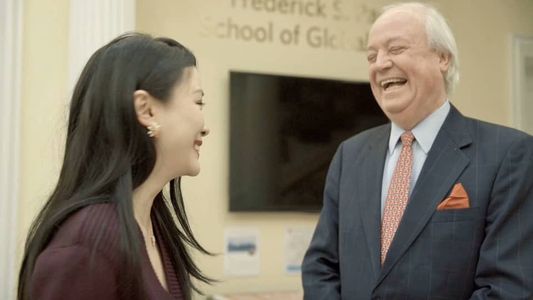Heine Discusses Significance of Brazil-China Relations

In a recent Q&A with the Latin America Advisor, a publication of the Inter-American Dialogue, Ambassador Jorge Heine, Research Professor at Boston University’s Frederick S. Pardee School of Global Studies and Interim Director of the Frederick S. Pardee Center for the Study of the Longer-Range Future offered valuable insights into the intricate relationship between Brazil and China. With expertise drawn from his tenure as Chilean ambassador to China and his current position at Boston University’s Pardee School of Global Studies, Heine’s analysis provides a comprehensive understanding of the significance and future prospects of this strategic partnership.
Heine emphasized the paramount importance of the Brazil-China relationship within the context of the Global South. Notably, bilateral trade between the two nations soared to a record $158 billion in 2023, with China emerging as Brazil’s largest trading partner. Heine underscored Brazil’s substantial surplus in trade with China and highlighted Chinese foreign direct investment in Brazil, estimated at a staggering $71 billion. These robust economic ties have been further solidified through collaborative initiatives such as the BRICS group, with Brazil playing a pivotal role alongside China.
A significant aspect of this relationship, as elucidated by Heine, lies in the realm of energy and sustainability. China’s investment in Brazil’s power sector has been substantial, with a growing focus on green energy initiatives, particularly in the electric vehicle (EV) sector. Notably, Chinese companies such as BYD and Great Wall Motors are poised to invest in EV manufacturing facilities in Brazil, signaling a strategic alignment towards sustainable development.
Moreover, Heine underscored the political dimension of the Brazil-China relationship. He highlighted Brazil’s recognition of China as a key player in an increasingly multipolar world and its commitment to maintaining diplomatic ties with both China and the United States. Despite pressure from the US to exclude Huawei from Brazil’s 5G network, Brazil remains steadfast in its pursuit of independent foreign policy, epitomizing a stance of active nonalignment.
The full article can be accessed here.